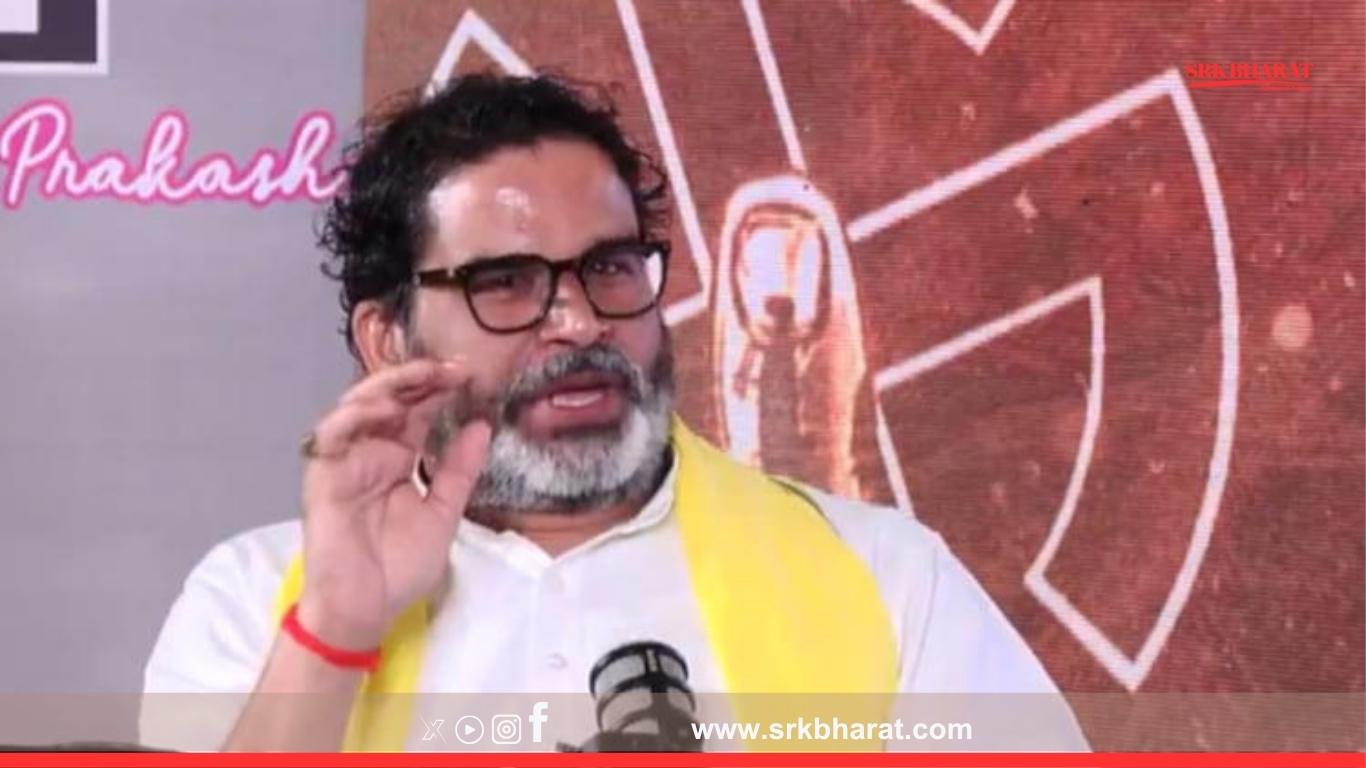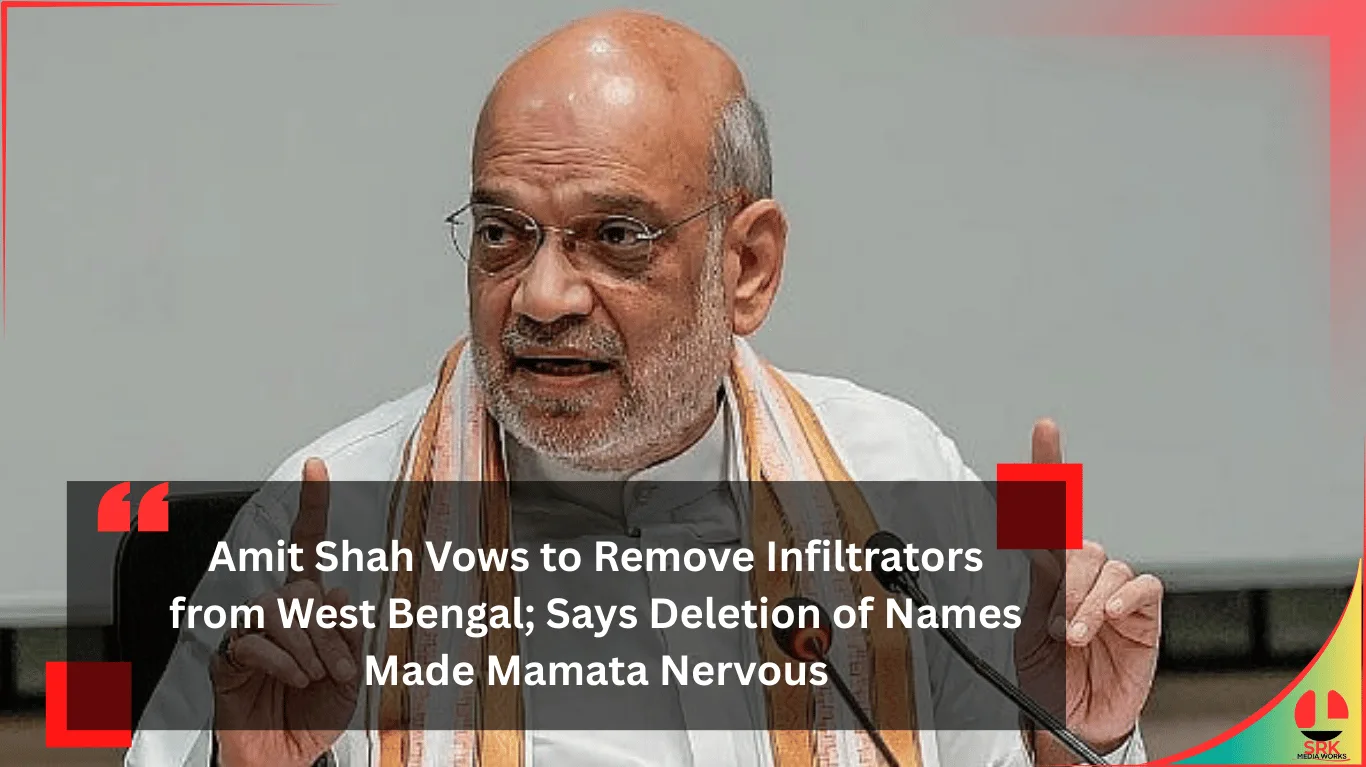Political strategist and Jan Suraaj founder Prashant Kishor has ignited a fierce online debate after stating that setting up industries alone won’t stop migration from Bihar, citing examples like Singapore and New Zealand to support his argument. His remarks, made during a recent interview, have drawn sharp reactions from economists, entrepreneurs, and netizens alike.
🧳 Kishor’s Core Argument
- Kishor claimed that Bihar’s landlocked geography and high population density make it unsuitable for large-scale industrial parks
- He emphasized the need to prioritize education and service sector development over manufacturing
- “Let’s say an Adani or Ambani sets up a factory—how many people will get jobs from that?” he asked rhetorically
💬 Netizens Push Back: ‘Bihar Isn’t Singapore or Norway’
- Hong Kong-based entrepreneur Prakash Dadlani countered that manufacturing builds ecosystems, creating jobs across logistics, housing, food services, and more
- “If Bihari workers had strong manufacturing opportunities in Bihar, many would choose to stay near their families instead of migrating under compulsion,” he wrote on X
- Another user argued that Kishor’s comparison to Singapore and Norway was flawed, saying Bihar’s development model should mirror 1990s Tamil Nadu, not global outliers
🔍 Broader Political Context
- Kishor has consistently criticized both state and central governments for failing to create sustainable job opportunities in Bihar
- He recently accused PM Modi of “getting votes in Bihar but setting up industries in Gujarat”, urging voters to demand accountability
- His remarks come ahead of the 2025 Bihar Assembly elections, where migration and unemployment are expected to be key issues
📌 Why It Matters
- Highlights the ongoing struggle to balance industrialization with demographic realities in Bihar
- Sparks a larger conversation on regional development models and the role of manufacturing in reversing migration
- Reflects growing public demand for homegrown employment ecosystems
🔁 Share this article to join the conversation on Bihar’s development path and the future of migration policy.











